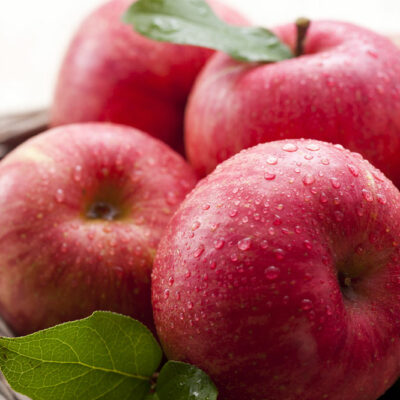
Tips to find the right soap with eczema
As dreadful as it sounds, eczema is more prevalent than you think. 31.6 million have at least one form of this type of dermatitis in the country alone. The term eczema describes a skin disease that involves skin inflammation, typically due to exposure to some environmental or dietary trigger. The condition is commonly called atopic dermatitis since the cause is usually some allergen. The allergens vary from individual to individual. What is eczema? Eczema does not refer to one skin disease but is a group of conditions characterized by inflamed or irritated skin. The most common type is atopic dermatitis, related to allergic conditions like asthma and hay fever. Eczema affects 10% – 20% of infants and about 3% of adults and children in the country. Usually, in children, the symptoms are outgrown after ten years. Though there is no cure, you can manage the signs to a large extent. The condition is caused partly by genetic components but is not contagious. Managing eczema Managing any chronic condition is difficult. With skin diseases, there is not only continual discomfort but also social factors that need to be addressed. It is typically stressful during an eczema flare-up, and this emotional anguish forms a vicious cycle triggering the symptoms even further.
Read More 







